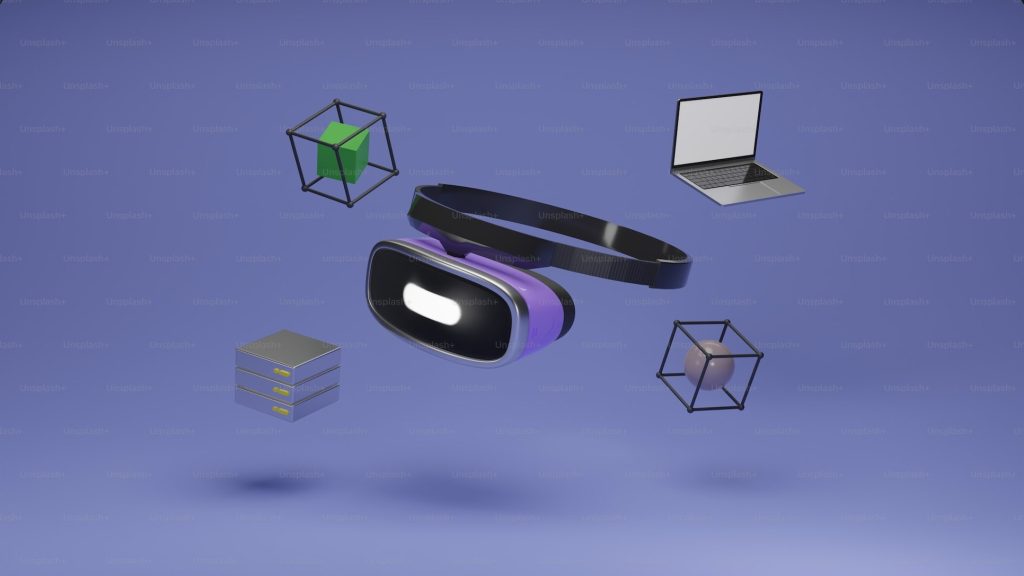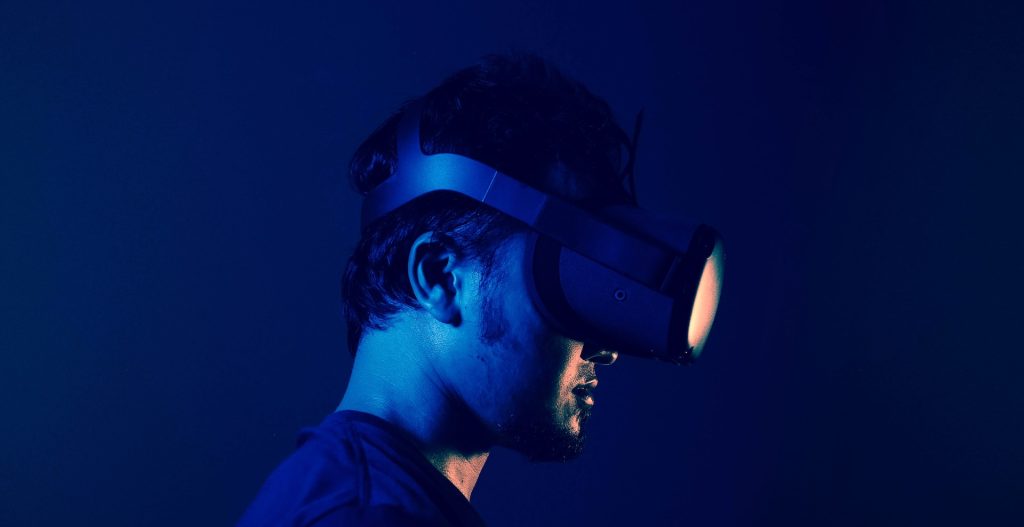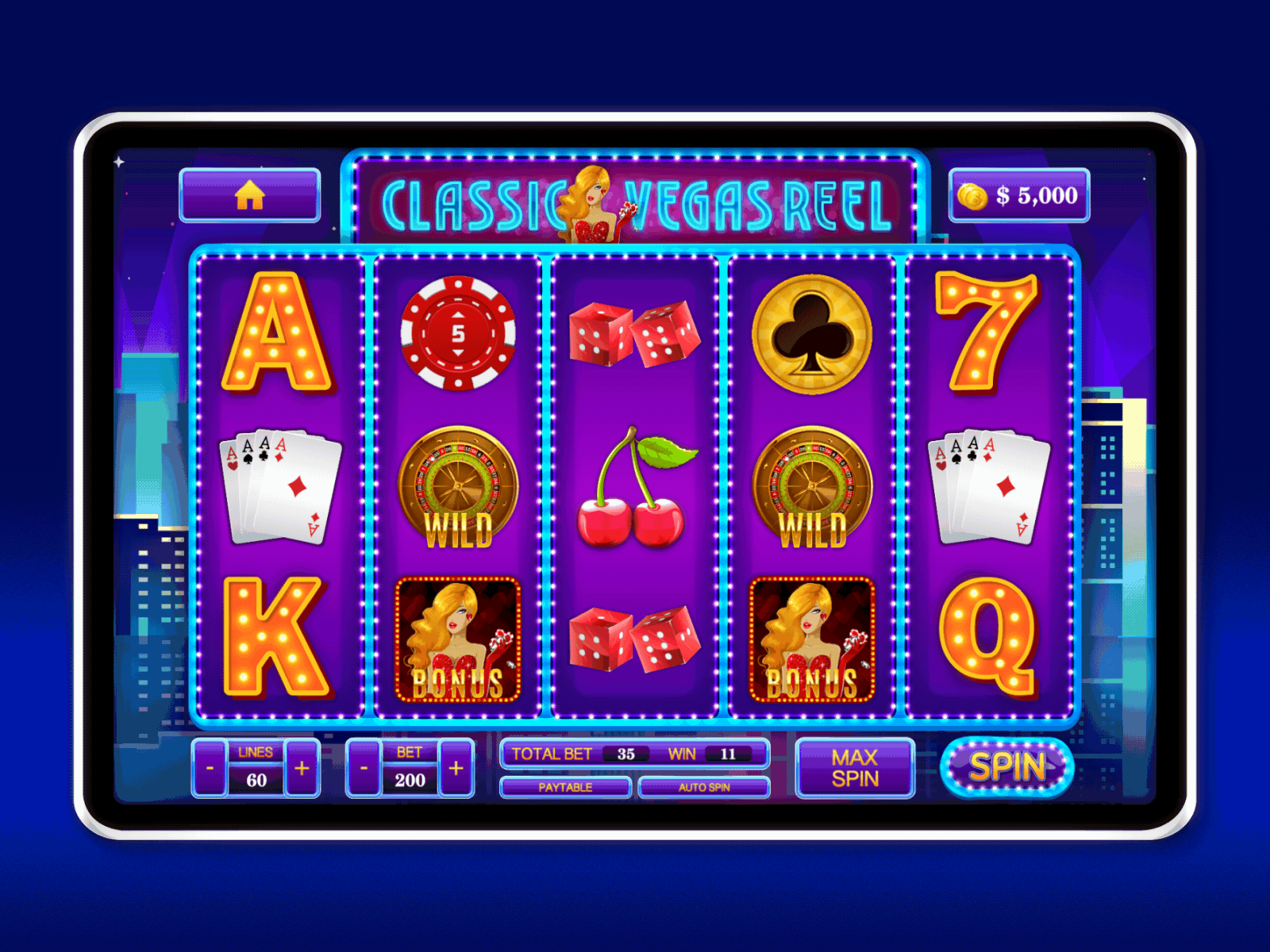Slot games have come a long way since the days of mechanical one-armed bandits. The first slot machine was invented in the late 19th century and was a simple game with three reels and one payline. Since then, the slot game industry has undergone significant changes and advancements, from the introduction of video slots to the rise of online casinos.
Today, we’re witnessing another evolution in slot games, with the emergence of virtual reality (VR) technology. In this article, we’ll explore how VR technology is changing the slot game industry, with a focus on jackpot slots.

The Evolution of Slot Game Development
The evolution of slot games has been fascinating to witness. From the traditional three-reel slots, we’ve seen the introduction of more reels, paylines, and innovative bonus features. With the aid of online casinos came the rise in popularity of jackpot slots, which are designed to offer players the chance to win big prizes in two variants; fixed jackpot and progressive jackpot.
The former offers a fixed prize while the latter’s prize progressively gets bigger as more people play. These games soon advanced and provided players with the opportunity to play another variation called Jackpot King slots. Now, we’re experiencing another advancement in slot machine games with VR technology, which is set to dramatically change the way we play online slot games.
VR Technology in Slot Game Design and Development
One of the most significant advantages of using VR technology in slot game design and development is the ability to offer players a more immersive gaming experience. With VR technology, slot game designers can create 3D environments that simulate real-life casinos, allowing players to feel like they are in a real casino even when playing from their homes. This feature enhances player engagement and leads to an increase in the number of players who prefer VR slot games to traditional slot games.
Another advantage of using VR technology in slot game design and development is the ability to offer players more interactive gameplay. VR slot games allow players to interact with the game environment and other players in ways that were previously impossible. For example, some VR slot games allow players to choose their own avatars, which they can use to interact with other players, creating more social and interactive gaming.

Moreover, VR technology offers game designers the opportunity to create more realistic graphics and sound effects, which enhances the overall gaming encounter. With VR technology, slot game designers can create more detailed and realistic environments, which makes the game a far better and more fascinating experience. The technology allows designers to incorporate advanced sound effects that make the game more realistic and exciting to play.
The Challenges to Overcome
While the potential of VR technology in slot game design and development is immense, there are also several challenges ahead that need to be addressed. One of the main challenges is the cost of VR technology.
The high cost of VR headsets and other equipment required to create and play VR games may deter some players from adopting this technology. There is the challenge of ensuring compatibility across different VR devices, which can be complex and time-consuming for game developers. They also need to optimize VR games for performance, as VR games require more processing power than traditional games.
Ultimately, virtual reality technology is transforming online slot game design and development. Designers can now develop more immersive settings, dynamic gameplay, realistic images and sound effects thanks to VR technology.
This technology is being used by online casinos to develop more engaging and entertaining slot games. As VR technology advances, we can anticipate even more inventive slot games that provide players with a more vivid and entertaining gaming experience.










